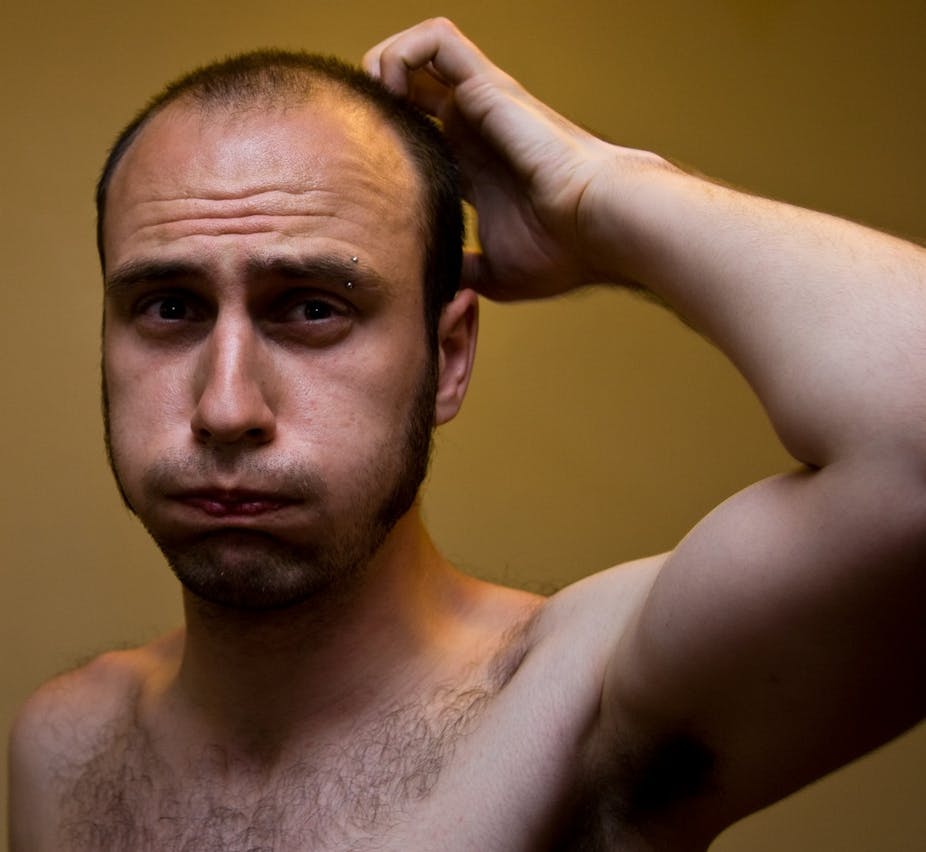Bushfires are quite appropriately dominating our nation’s concerns during the current Australian heatwave. But for many, the struggle to sleep through soaring temperatures is a personal inferno that dominates conversation around offices and homes across the country.
Sleep and body control of temperature (thermoregulation) are intimately connected. Core body temperature follows a 24-hour cycle linked with the sleep-wake rhythm. Body temperature decreases during the night-time sleep phase and rises during the wake phase. Sleep is most likely to occur when core temperature decreases, and much less likely to occur during the rises.
Our hands and feet play a key role in facilitating sleep as they permit the heated blood from the central body to lose heat to the environment through the skin surface. The sleep hormone melatonin plays an important part of the complex loss of heat through the peripheral parts of the body.
At sleep onset, core body temperature falls but peripheral skin temperature rises. But temperature changes become more complex during sleep as our temperature self-regulation varies according to sleep stage.
Research has shown how environmental heat can disturb this delicate balance between sleep and body temperature. An ambient temperature of 22˚ or 23˚ Celsius is ideal. Any major variation in this leads to disturbance of sleep with reduced slow wave sleep (a stage of sleep where the brain’s electrical wave activity slows and the brain “rests”), and also results in less dreaming sleep (rapid eye movement or REM sleep).
Indeed during REM sleep, our ability to regulate body temperature is impaired so in a clever sort of way the body “avoids” this stage of sleep during extreme cold or heat. A heat wave may cause several nights of fragmented sleep with less slow wave and REM sleep. This will certainly cause a correct perception of bad, restless sleep with consequent negative effects on mood and alertness.
In theory, it may also have subtle effects such as problems with complex memory retention, higher judgement (poorer decision making and increased risk-taking behaviour), blood pressure control and regulation of glucose in the body. The clear message is this: if you’re going to make some big decisions during a heatwave, sleep in a carefully controlled air-conditioned environment.
But apart from air-conditioning, what can you do to sleep better during a heatwave? Sleeping in the lateral position (on your side) with less contact with the mattress may be good but the body tends to do this anyway during sleep, in response to rising temperatures.
Cooling the central body with a wet cloth or towel makes sense. A cool shower may also help. It is important to avoid doing anything too strenuous in the hours before bed-time as this will make it harder for the body temperature to fall during sleep. And when you wake up hot, sticky and irritated because you don’t have air-conditioning or believe such devices are environmentally unsound, remember those fighting bushfires – it could be a lot worse.


